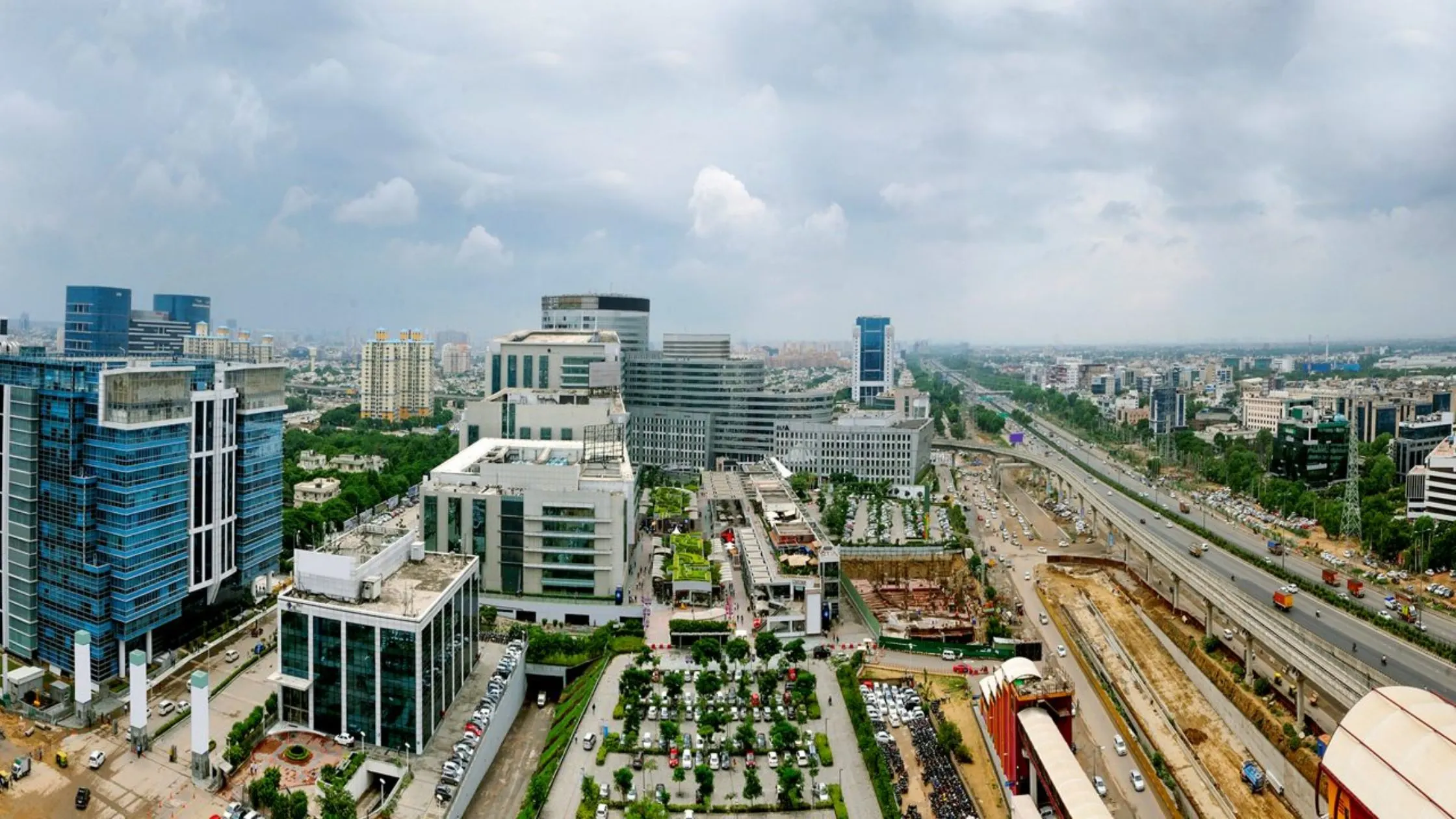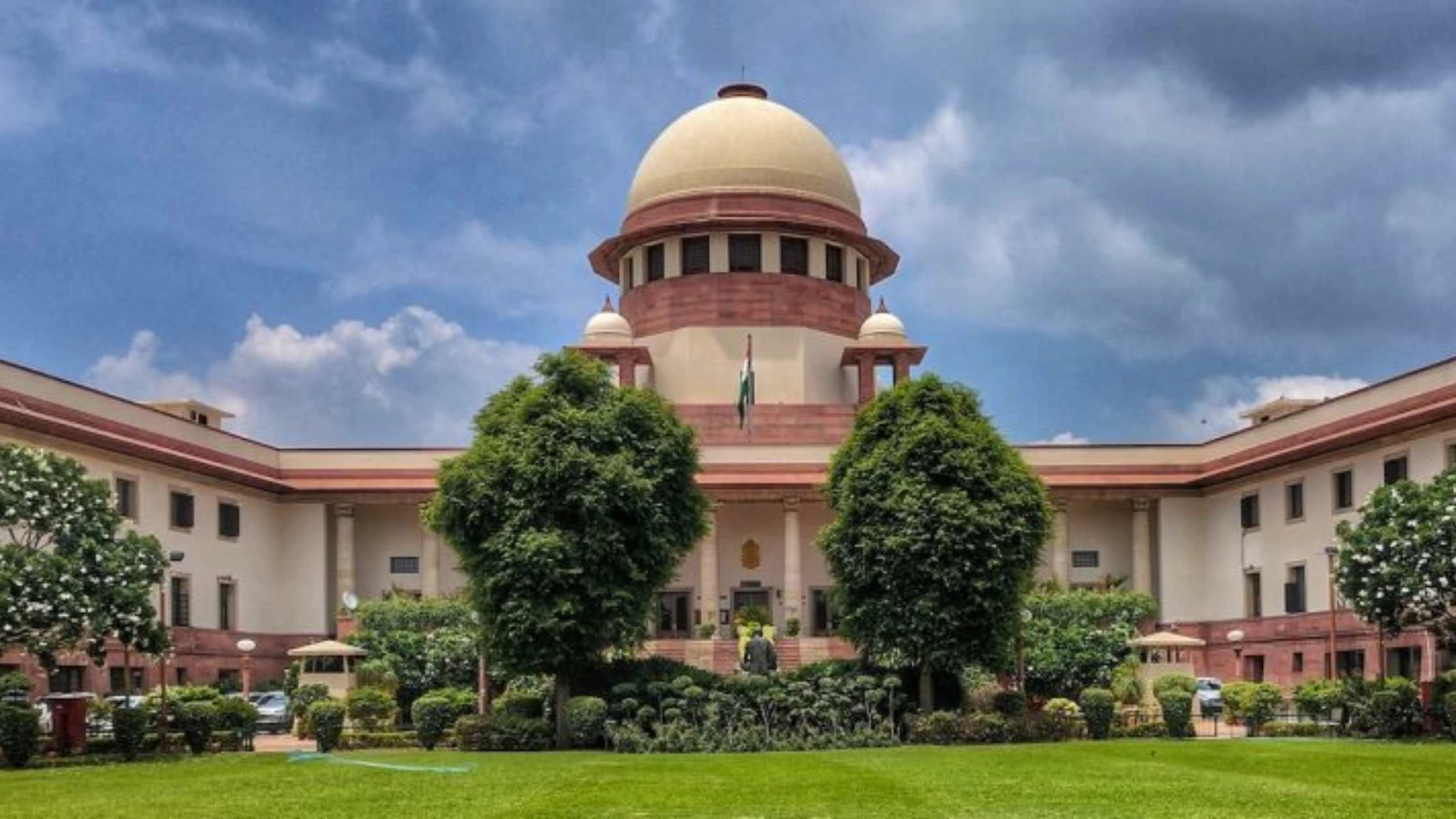Table of Content
▲- Why World Environment Day Matters
- Bengaluru RWAs: A Green Revolution in Urban Living
- Rainwater Harvesting: Solving the Water Crisis
- Harnessing Solar Power for Energy Efficiency
- Rent-a-Cutlery: Promoting Sustainable Celebrations
- Measurable Impact: A Step Toward Sustainability
- Expanding the Vision: Challenges and Opportunities
- A Call to Action on World Environment Day
- Conclusion: Grassroots Change for a Global Impact
Every year on June 5, communities worldwide come together to celebrate World Environment Day a day dedicated to raising awareness and promoting action for the protection of our environment. In 2025, the theme “Ending Global Plastic Pollution” highlights one of the most pressing issues of our time, calling on individuals, organizations, and governments to take decisive action. In Bengaluru, Resident Welfare Associations (RWAs) are stepping up to this challenge, showcasing the transformative power of grassroots initiatives.
Through their pioneering work in rainwater harvesting, solar power adoption, and waste management, Bengaluru’s RWAs are setting an inspiring example of how urban communities can contribute to a sustainable future.
Why World Environment Day Matters
Since its inception in 1973, World Environment Day has served as a global platform for raising environmental awareness and driving action. Each year, a unique theme spotlights a critical issue, urging collective responsibility. The 2025 focus on ending plastic pollution reflects the urgency of tackling a problem that threatens ecosystems, marine life, and human health.
While governments and industries are vital to solving this crisis, community-driven efforts play a crucial role in complementing broader strategies. Bengaluru’s RWAs are proof that local action can yield significant results and inspire widespread change.
Also Read: KRERA Report: Karnataka Sees Over 2,600 Delayed Real Estate Projects; Bengaluru Tops List
Bengaluru RWAs: A Green Revolution in Urban Living
In Bengaluru, a city often referred to as India’s Silicon Valley, RWAs are leading by example. They have undertaken innovative projects that address pressing environmental concerns, ranging from water conservation and renewable energy to waste management.
Rainwater Harvesting: Solving the Water Crisis
Century Saras Apartments in North Bengaluru has turned rainwater harvesting into a sustainable water solution. With a 1-lakh-litre capacity tank, the residents collect enough rainwater during the 3-4 month monsoon season to meet the water needs of all 128 apartments for at least one month.
“Our rainwater tank fills up every three days during the monsoon,” says Shivananda Prabhu, president of the apartment association. “We filter this water for drinking and treat greywater through a Sewage Treatment Plant (STP) to reuse it.”
This initiative saves around 1.25 crore litres of water annually—an incredible achievement, considering that an average apartment in Bengaluru consumes 3 lakh litres of water per year. This model demonstrates the viability of rainwater harvesting as a solution to urban water shortages.
Harnessing Solar Power for Energy Efficiency
At White House Apartments, residents have installed a 178 kW solar power system—one of the largest residential solar installations in Bengaluru. This system generates clean energy to power common areas, offsetting nearly 50% of the complex’s electricity consumption.
“By adopting solar energy, we’re not just cutting costs but significantly reducing our carbon footprint,” says Sowmya Raghavan, who oversees waste management at the complex.
This initiative highlights how renewable energy solutions can be seamlessly integrated into urban living, reducing dependency on conventional power sources and contributing to environmental sustainability.
Rent-a-Cutlery: Promoting Sustainable Celebrations
One of the most unique initiatives by Bengaluru RWAs is “Rent-a-Cutlery,” which provides reusable utensils for eco-friendly events. Initially managed by the RWA, this program has now been placed under a trust for better management and fund utilization.
“This initiative has made eco-friendly celebrations accessible to many communities,” says Raghavan. “Revenue from renting and selling reusable cutlery is reinvested in welfare activities, such as purchasing laptops for underprivileged children.”
In addition to supporting sustainable weddings and community events, Rent-a-Cutlery has become a model for reducing plastic waste in urban areas.
Measurable Impact: A Step Toward Sustainability
The collective efforts of Bengaluru RWAs are yielding significant environmental and economic benefits:
- Water Conservation: Initiatives like rainwater harvesting save millions of litres annually, reducing dependency on municipal water supplies.
- Energy Savings: Solar power systems lower electricity bills and carbon emissions.
- Waste Reduction: Comprehensive waste management practices minimize landfill contributions and promote recycling.
These successes prove that sustainability initiatives are not only environmentally sound but also financially viable, encouraging other communities to follow suit.
Expanding the Vision: Challenges and Opportunities
While Bengaluru’s RWAs have achieved remarkable milestones, experts argue that there’s room for growth. Akash Vashisht, an advocate at the National Green Tribunal (NGT), emphasizes the need for RWAs to expand their efforts beyond their immediate surroundings.
“RWAs must become active stakeholders in preserving larger ecological assets like wetlands, lakes, and reservoirs,” he says. “Their current efforts are commendable but should also include educating residents about traditional conservation practices and fostering a broader ecological vision.”
Challenges such as limited financial resources and varying levels of community participation remain. However, partnerships with government agencies and NGOs could help RWAs scale their initiatives and overcome these barriers.
Also Read: County Group Launches ₹1800 Crore Residential Project in Ghaziabad's Wave City
A Call to Action on World Environment Day
As we commemorate World Environment Day 2025, Bengaluru’s RWAs exemplify how collective action at the grassroots level can drive meaningful change. Their efforts in water conservation, renewable energy adoption, and waste management offer a replicable model for communities worldwide.
Individuals and organizations are encouraged to adopt similar sustainable practices, collaborate on eco-friendly initiatives, and make conscious choices that align with the global goal of ending plastic pollution. By working together, we can ensure a healthier, greener future for generations to come.
Conclusion: Grassroots Change for a Global Impact
Bengaluru’s RWAs have proven that even small communities can make a big difference when it comes to environmental conservation. Their innovative projects align seamlessly with the objectives of World Environment Day, serving as a beacon of hope in the fight against environmental degradation.
This year, let their achievements inspire us all to take action, whether through rainwater harvesting, reducing plastic waste, or embracing renewable energy. Together, we can transform our planet into a sustainable haven for all.
Follow AquireAcers Whatsapp Channel to Stay Updated With The Latest Real Estate News

_1749114375.webp)




Ans 1. The theme underscores the urgency of addressing plastic pollution, a global crisis that harms ecosystems, marine life, and human health. By focusing on this issue, World Environment Day 2025 aims to galvanize collective action from individuals, organizations, and governments worldwide to reduce, reuse, and recycle plastic.
Ans 2. Bengaluru’s RWAs are leading initiatives in rainwater harvesting, solar power adoption, and sustainable waste management. These grassroots efforts demonstrate practical and replicable solutions to environmental challenges, emphasizing the importance of community-driven action.
Ans 3. The RWAs’ efforts have resulted in significant water conservation, reduced carbon emissions, and minimized waste contributions to landfills. For example, rainwater harvesting at Century Saras Apartments saves around 1.25 crore litres of water annually, while solar power installations at White House Apartments offset 50% of the complex’s energy use.
Ans 4. The “Rent-a-Cutlery” program offers reusable utensils for eco-friendly celebrations, reducing reliance on disposable plastic cutlery. Initially managed by an RWA, it now operates under a trust to ensure efficient management and reinvestment of revenues into welfare activities, such as supporting underprivileged children.
Ans 5. Limited financial resources, varying community participation levels, and a lack of technical expertise are key challenges. Expanding partnerships with government bodies and NGOs, as well as fostering greater resident engagement, could help overcome these barriers.
Ans 6. Bengaluru’s RWAs operate in a highly urbanized environment, making their achievements particularly impressive. Their ability to implement large-scale projects like rainwater harvesting and solar power systems showcases how urban communities can integrate sustainability into their lifestyles.
Ans 7. Experts suggest that RWAs should extend their focus beyond their immediate neighborhoods to include the preservation of lakes, wetlands, and other ecological assets. Additionally, educating residents on traditional conservation practices and fostering long-term ecological awareness can amplify their impact.
Ans 8. Replication starts with awareness and small steps, such as adopting rainwater harvesting, using solar power, and managing waste responsibly. Communities can seek inspiration from Bengaluru’s success stories and collaborate with local authorities or NGOs for guidance and resources.